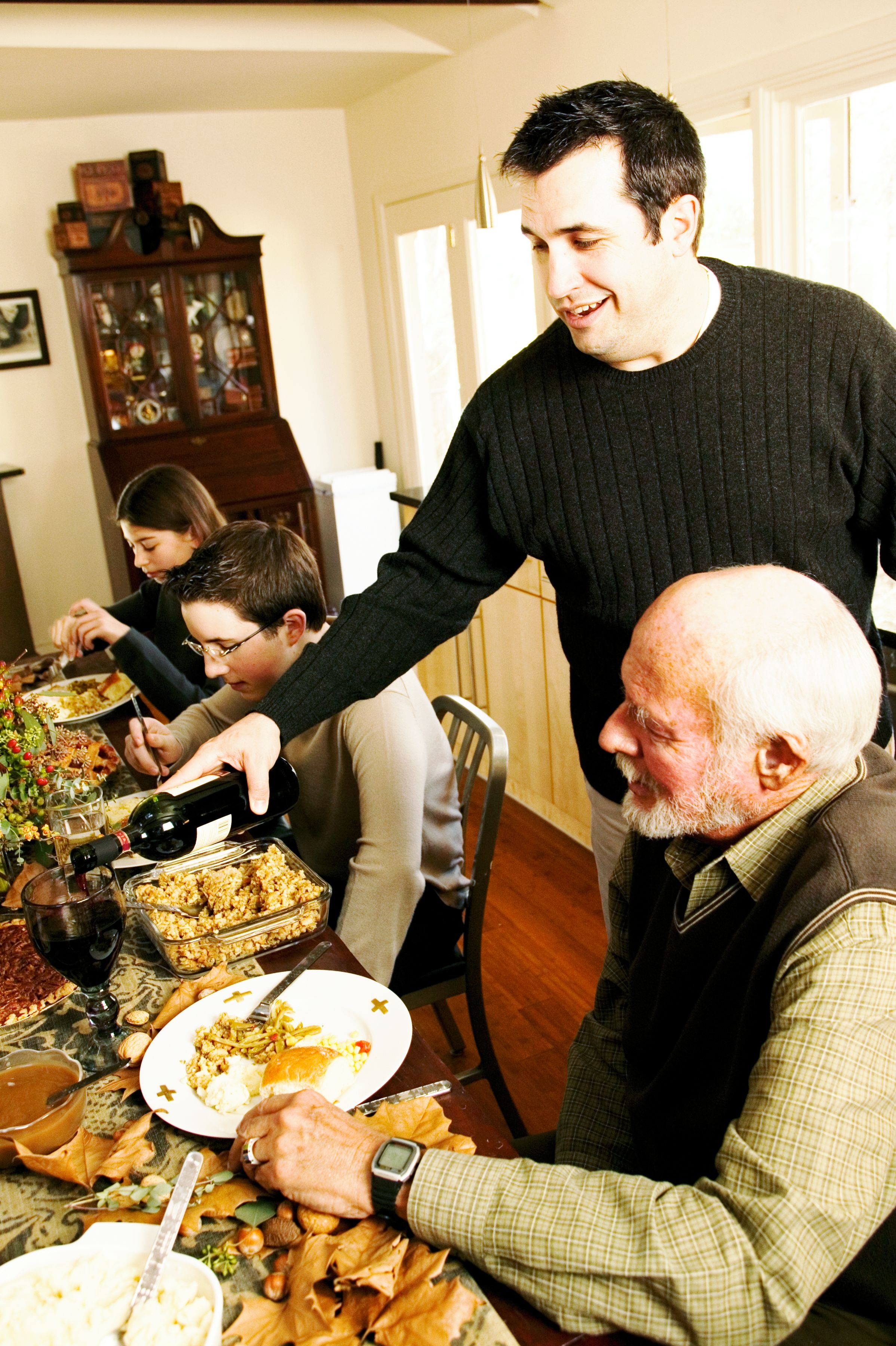Parenting Corner: Avoiding Drama at the Dinner Table

With work and school behind you and the cooking nearly finished, it's time for the family to gather together around the table and share a meal. Ideally, this should be a time of relaxation and quiet conversation. But when the dinner table is consistently a stage for drama, with siblings arguing and exhausted parents snapping at them and at each other, it's time to re-think how the family shares its evening meal together.
Toddlers and Preschoolers
If your spouse comes home from work after six o'clock and you plan on dinner for six thirty, your toddler or preschooler may be too tired and frustrated with hunger to sit through a meal and listen to adult conversation. He or she is likely to act up, and dinner time becomes drama time.
Feed your young child earlier, allowing him to have a meal while older siblings do their homework or watch a television show. Sit with your toddler and have a cup of coffee or tea, or a light snack. Chat with your toddler while you both eat. This one-on-one time is a demonstration of how two or more people sit at a table and share a meal.
At dinnertime, give your toddler a small amount of food from the main meal. Let him eat as much or as little as he wants. If he shows signs of acting up, allow him to get a toy from his room and sit quietly with it at the table.
Older Children
If older school-age children squabble at the table or vie for your attention and otherwise disrupt mealtime, your best defense may be a good offense.
Start the dinner conversation with a snippet from your day, preferably one that elicits laughter. For example, if you saw a man slip on a banana peel, tell the story in a humorous way, and then follow up with how you helped the man get to his feet and asked if he was hurt.
If you take the lead and tell a story that demonstrates human interest and contains a lesson (an act of kindness to a stranger in need), your children are more likely to want to tell their own stories.
If they're telling stories from their day, they are less likely to argue with one another or otherwise act out. Keep in mind that you are the master of ceremonies at the table, and maintain control of the conversational flow.
Teenagers
Teen-agers can be a sullen lot, taking on airs of disenfranchisement. They may slump in their chairs and hunch over their plates, shoveling in food and otherwise avoiding conversation.
As a parent, you may want to take advantage of your teen's presence to bring up incidents or problems at school. Avoid the temptation to do so. It puts your teenager on the defensive every time he or she sits down to share a meal with the family, and it's a recipe for drama of the worst sort.
Instead, ask about the positive things in his or her life, such as sports, music, friends, and the latest trends in technology. Ask open-ended questions that require more than a yes or no answer, but don't push for conversation. Teenagers are all about drama; don't give them the opportunity to bring it to the dinner table.
